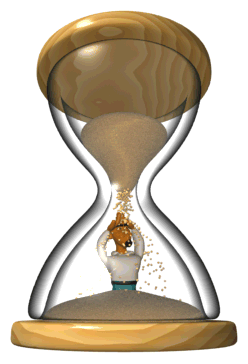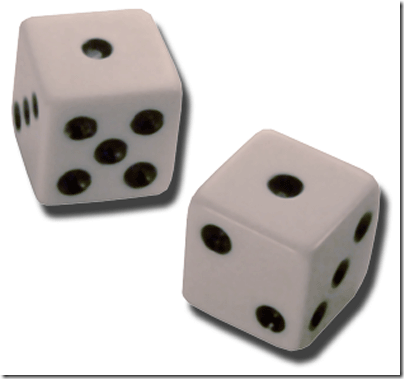Do You Have A Resume Or A Marketing Document?
Does your resume list all of your experiences, all your skills, and even some accomplishments?
Does it outline all of the things you have done in the past that you think are important and can fit on two pages?
Does it clearly indicate all your past duties, tasks and responsibilities for your positions?
All good stuff, but for the most part, missing a lot of the important stuff.
Most resumes are based on, what in selling is referred to as, “features” or “facts.” Every junior sales rep and marketing person knows that people don’t buy on features, they buy on benefits.
Most resumes are simply a list of features the candidate thinks (key word – thinks) are important. In marketing terms it is a, “fact sheet” not a marketing document. If you want to get noticed you have to have a marketing document not a resume. One that markets benefits.
Marketing 101 teaches marketing is all about getting to the customer’s motivation. It is all about what’s in it for them. Few resumes are a true marketing document. Most are some combination of features and benefits, with heavy weighting on features. Few hiring managers will get excited reading a list of features. These are nice to know, but unfortunately, don’t create any emotional reaction. Benefits, on the other hand, do create an emotional reaction. It is this reaction that creates the desire to buy.
For example, you could have the following feature on your resume, “Substantially reduced turnover in first year.” A good fact but no emotional reaction. Instead you could market the benefit to the hiring manager, “Reduced turnover from over 55% to less than 10% in my first year. This resulted in an estimated savings of $150,000 in just hiring costs. It also dramatically increased the quality of work, completely eliminated errors and reduced overtime by 90% resulting in a cost savings from the previous year of $200,000.”
If I am an owner, CEO, or hiring manager struggling with the high cost of turnover, this is motivating and a benefit.
Selling benefits converts your resume into a marketing document. After all, that is what a resume should be.
Join our Linkedin Job Search Networking Group for a lot more on resumes, interviewing, networking and even how to answer the “Tell Me About Yourself?” question.
Is your cover letter stopping your resume from getting noticed. Try this cover letter. It has increased the responses three fold for many people. Recruiters prefer this. Download it for FREE CLICK HERE.
If your LinkedIn Profile isn’t powerful and compelling then use our 8 Point Check List to help you build a powerful and compelling profile. CLICK HERE to download.
We encourage your comments and feedback.
Brad Remillard









